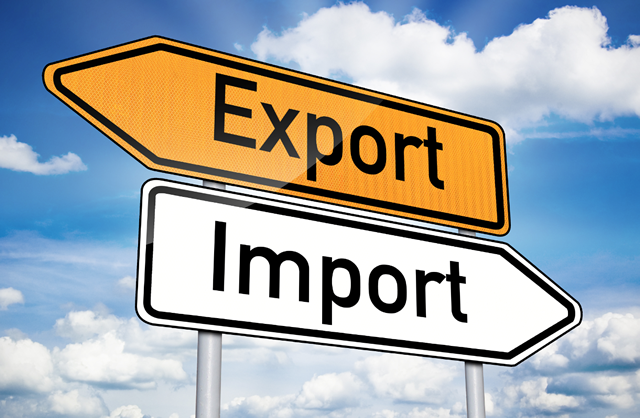EDITORIAL COMMENT : Vital to boost local capacity, cut imports

The growing imbalance between earnings from exports supplemented by remittances and the demand for imports and servicing foreign loans highlights the need for Zimbabwe not just to export more but to import less.
This week we highlighted the challenges facing the producers of such a mundane, but essential product as cooking oil.
Imports could be cut significantly if Zimbabwean farmers could produce the raw materials for this product.
There was a time when Zimbabwe was basically self-sufficient in cooking oil. More than 200 000 tonnes of soya beans were produced each year, except in periods of extreme drought and there was a modest demand for more expensive sunflower oil and customers willing to buy cheaper cotton-seed oil blends.
The hyperinflation era damaged both agricultural production and the processing of soya beans and the introduction of multi-currencies saw imports flooding the market, both in bottled form, in bulk imports of processed soya oil for local bottling and in growing imports of crude soya oil for final processing in Zimbabwe.
This year the harvest of soya bean was a paltry 25 000 tonnes, according to the Oil Expressers Association of Zimbabwe, although presumably the severe drought of the last season was responsible for a significant part of the production crash. This crash came at the same time as increased demand for local production following the control of cooking oil imports, a demand largely met by increased imports of crude cooking oil which helped reduce the import bill, but is not ideal.
Now there are payment delays for imports. The manufacturers have not been sitting and wailing. They have come up with ideas to boost local production.
The far better rains expected this season should boost the ordinary local crop significantly. In addition, the manufacturers have put forward schemes to the Government for corporate farming and those ideas should be considered very seriously in our opinion and unless there is some dramatic objection they should be implemented.
In addition, we think oil producers should be encouraged to look at contract farming. They may not be experts in this field, but they know who can produce soya beans, because they buy from farmers and they can find out who are good and reliable contract farmers for maize and tobacco and who can be invited to add soya beans to the list.
First class farmers do include soya bean, which is a nitrogen fixing legume, into complex rotation schemes that also incorporate maize and tobacco to maximise revenue and minimise costs.
Higher soya bean production will have other benefits besides ensuring supplies of cooking oil, cutting imports and boosting farm incomes. Once the oil has been extracted and just under 20 percent of a soya bean is oil, what remains can be converted to a high-protein stock-feed additive with modest processing and into a meat substitute for humans with more processing.
There are also a variety, a fancier semi-luxury foods that can be produced from soya bean, and local manufacturers, given adequate supplies of raw material, can look at soya milk for the lactose intolerant and some of the oriental products. Some of these could be exported.
The benefits of securing supply chains, the main objective of the producers, have so many other national benefits that aiding their efforts makes a great deal of economic and social sense.









Comments